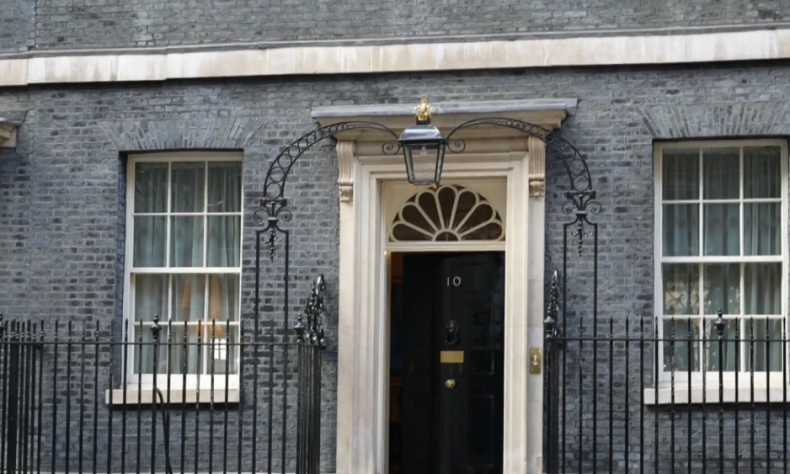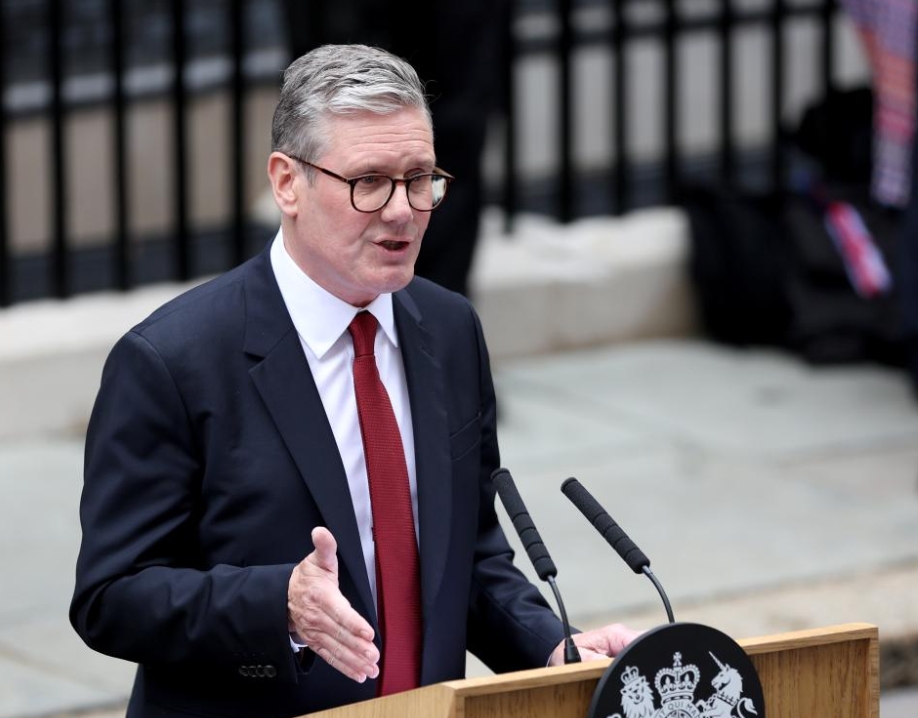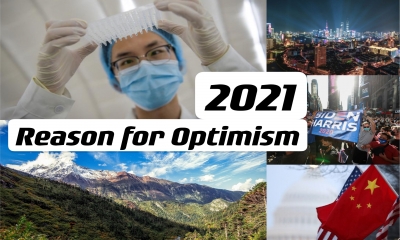Labour Needs to Re-think the UK’s China Policy

If this new Labour government is to demonstrate its maturity and capability after years of juvenility and naivety, then resetting its relations with China is imperative.
If Keir Starmer was unaware of the monumental task he faces as the UK’s new Prime Minister, his first few weeks in office will have provided a stark reminder. Starmer’s government must tackle a raft of domestic issues, including a stagnating economy, overcrowded prisons, and strained public services.
However, his government’s foreign policy in-tray is equally as pressing. The ongoing conflicts in Ukraine and Gaza will demand significant attention, as will America’s unpredictable election, which has already included an assassination attempt at Donald Trump and President Joe Biden’s announcement of dropping out of the presidential race.
Starmer has already made his presence felt on the international stage, attending a NATO summit in Washington and hosting the European Political Community summit at Blenheim Palace in Oxfordshire, signalling that his foreign policy will initially focus on Europe.
Yet, if Labour is strategic, there is one area that the new government should prioritize: China. Under the Conservatives, the UK’s China policy has oscillated dramatically, from the “golden era” of David Cameron and George Osborne to the outright hostility of Liz Truss and the indifference of Rishi Sunak.
They say that in opposition, only 5 percent of the time is spent on foreign policy and 50 percent when in government, so it is unsurprising that Labour’s China policy is not yet fully fledged. Nevertheless, China was one of the few foreign policy issues mentioned in Labour’s manifesto, with a pledge to conduct an “audit” of the UK’s relationship with China within the first 100 days in office.

What the audit uncovers will be interesting but it should act as a natural opportunity for a reset in relations. That was the approach adopted by the Australian government when Labour won its general election in May 2022. At that time, relations between the two countries had hit rock bottom. Two years later, relations are on a positive trajectory, evidenced by Australian Prime Minister Anthony Albanese visit to Shanghai CIIE in November 2023, and Chinese Foreign Minister Wang Yi’s visit to Australia earlier this year—the first such visit since 2017.
The power of diplomatic engagements between senior ministers should not be underestimated as a means of improving relations. Yet it has been notably absent from the UK-China relationship in recent years.
UK politicians have been notably absent from China compared to their allies. Research by the UK think tank Asia House reveals that the U.S., EU, France, and Germany all conducted more cabinet-level visits to China than the UK between 2023 and March this year. The only recent visit by a UK cabinet minister was by former Foreign Secretary James Cleverly, underscoring the lack of direct engagement.
Improving face-to-face engagement with Chinese officials should be a key aim of the Labour government, given there is much the UK and China can cooperate on. Pressing global issues, particularly climate change, biodiversity and global health, require both countries to work together. Green finance cooperation was recently mentioned by the Lord Mayor of London, Michael Mainelli, as a method of greater economic and trade cooperation between the two countries and should be actively pursued by both governments.
Improving trade relations with China could also support one of Starmer’s key campaign pledges: to make the UK the fastest-growing economy in the G7. Trade between the two countries has declined in recent years, with statistics showing a 20 percent decrease in total trade in goods and exports between Q4 2022 and Q4 2023. Revitalizing UK-China trade could provide a significant boost to the UK economy, which has suffered from years of stagnation. With the US and EU recently imposing tariffs on Chinese goods, including electric vehicles (EVs), the UK has an opportunity to position itself as a true free-market economy. The new Secretary of State for Business and Trade, Jonathan Reynolds, has indicated that the UK will not investigate Chinese EVs, suggesting a less protectionist stance toward international trade with China.
There is still considerable work needed to improve UK-China relations, and more will become clear once Labour’s audit is completed. But if this new Labour government is to demonstrate its maturity and capability after years of juvenility and naivety, then resetting its relations with China is imperative.
The article reflects the author’s opinions, and not necessarily the views of China Focus.
 Facebook
Facebook
 Twitter
Twitter
 Linkedin
Linkedin
 Google +
Google +







